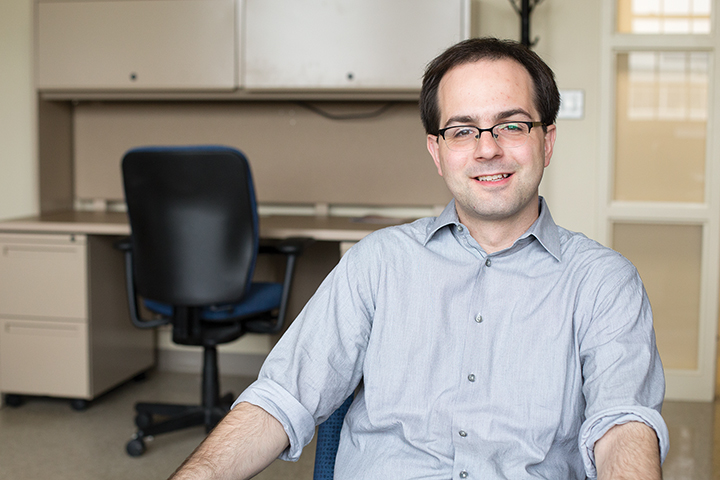Local ninth-graders, along with senior English and anthropology major Tarika Sankar, wanted to represent the voices of children with incarcerated parents. Their project is part of a larger collaboration with Northwestern High School to promote social change, specifically regarding “marginalized voices.”
Students enrolled in English department’s Writing for Change class at the University of Maryland are working with Northwestern High School ninth-graders to organize a performance featuring documentaries, skits and other educational content to represent “unheard voices,” said Justin Lohr, the instructor of the university English class.
This course has run every spring semester since 2013, and the ninth-graders present different performances based on a new theme at this university each year.
“We were trying to explore, like, marginalized voices, that don’t get heard in public discourse,” Sankar said.
Lohr said these performances stand up for those without voice, and also explain “the processes that marginalize those voices and why these voices are unheard in the first place.”
Each group is composed of two college students paired with about four ninth-graders. Sankar’s group of four ninth-graders wrote a video skit about a child being raised by his grandmother, to show the effects of having a parent who is imprisoned.
Cindy Rockefeller, a junior marketing major also enrolled the course, said her group is going to present an original documentary about the misconceptions of abuse victims, which is based on interviews with university students, as well as students and counselors at Northwestern High School.
Though Northwestern High School is less than a mile away from this university, Lohr noted there is a disconnect between university students and the surrounding communities, such as Hyattsville.
“It’s an opportunity to mend … distanced relationships between the university and its local community, and to sort of bring the two into greater dialogue with each other,” Lohr said.
Ninth grade is a crucial time for identities and for education, where students either commit to their education or back out, Lohr said.
“And so it’s a really great intervention moment to sort of step in and to show that there’s a lot more to school, to writing, to rhetoric — to all of these things, than just sitting there passively and absorbing knowledge,” he said.
Sankar said working with the class is valuable to her because some of them come from different backgrounds, and she is able to connect and work with them to “cross that gap in experiences.”
“What I’m getting out of it is just working with people that are a lot younger than me and just trying to be a role model for them,” Rockefeller said. “I guess it’s more like a mentor-type thing, which I’ve never experienced before.”
The ninth-graders’ performance will be open to the public, Sankar said. It is scheduled for Wednesday, April 27 at 5:30 p.m. in Ulrich Recital Hall in Tawes Hall.



